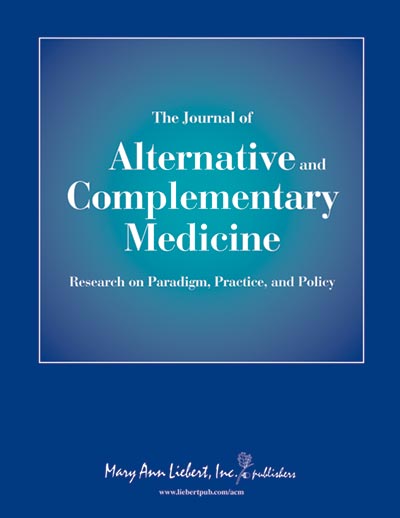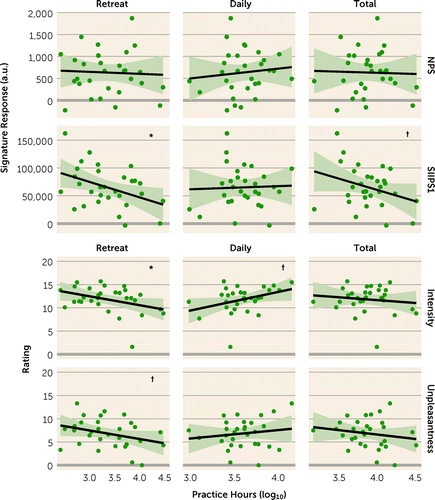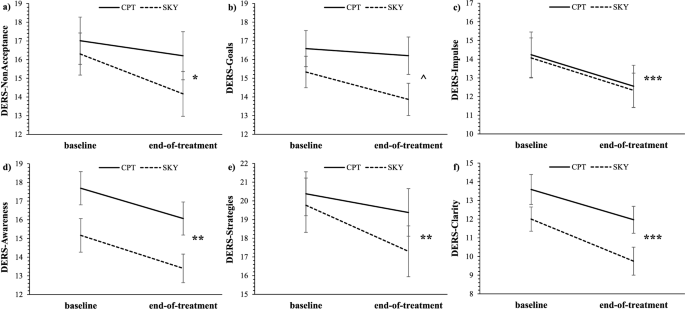
Relaxation response proves positive — Harvard Gazette
Relaxation-response techniques, such as meditation, yoga, and prayer, could reduce the need for health care services by 43 percent, according to a Harvard-affiliated Massachusetts General Hospital study that looked at participants in a relaxation-response-focused training program.

Study: Relaxation Response Therapy Reduces Blood Pressure in Hypertension - Benson-Henry Institute

Neural Signatures of Pain Modulation in Short-Term and Long-Term Mindfulness Training: A Randomized Active-Control Trial
PHP-Rake-IDF/idf.json at master · scrivna/PHP-Rake-IDF · GitHub

Emotion dysregulation and heart rate variability improve in US veterans undergoing treatment for posttraumatic stress disorder: Secondary exploratory analyses from a randomised controlled trial, BMC Psychiatry

Quality of Life and Cognitive Emotion Regulation Strategies in Multiple Sclerosis Patients
coding-challenge/events.json at master · hangtime/coding-challenge · GitHub

Does mindfulness improve one's affective state? Temporal associations between trait mindfulness and positive and negative affect

Harvard Health Publishing - The relaxation response helps to manage stress. It may also reduce the activity of genes that are harmful to health.
UNIQORN/Results/TEXT/LC-QuAD2.0.json at main · ajesujoba/UNIQORN · GitHub
Roberta Goldman's Instagram, Twitter & Facebook on IDCrawl

Positive and Negative Emotion Regulation in College Athletes: A Preliminary Exploration of Daily Savoring, Acceptance, and Cognitive Reappraisal









